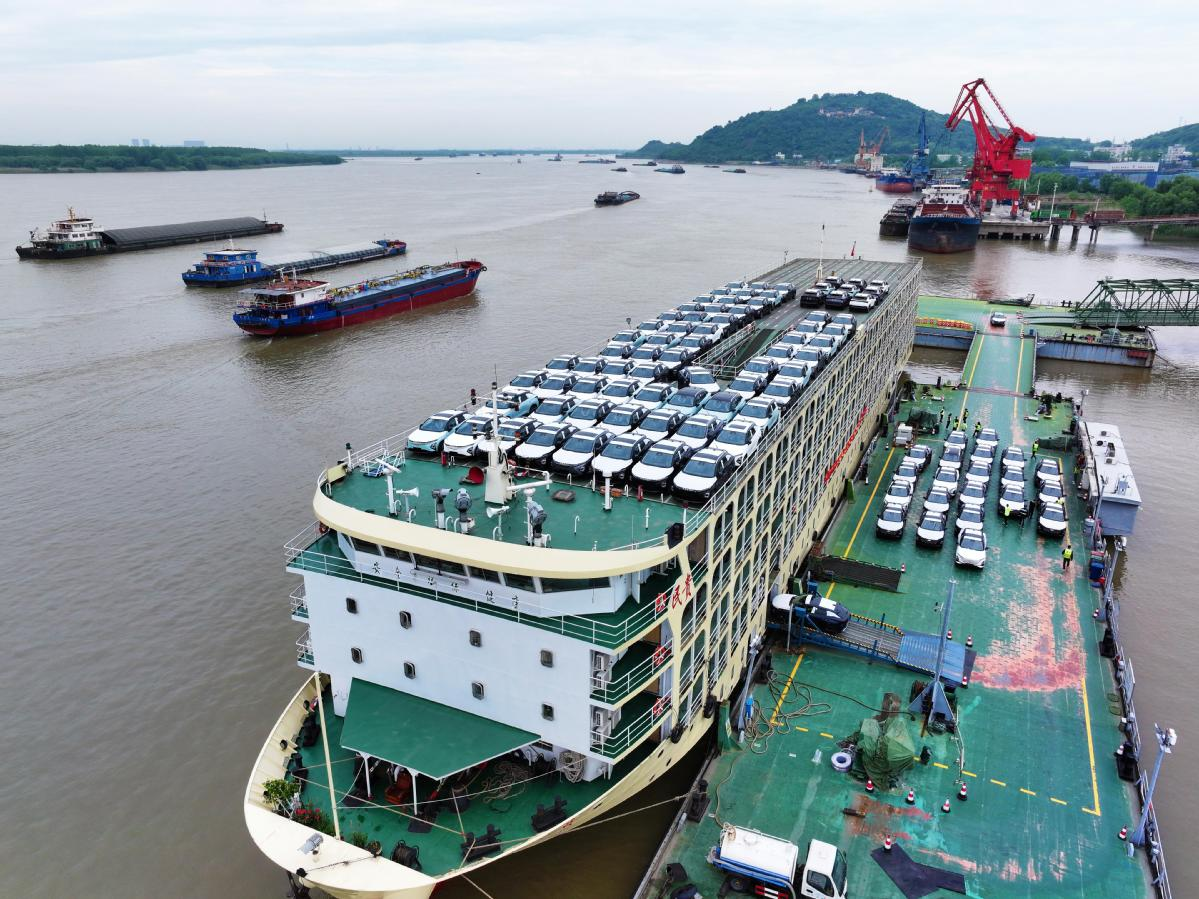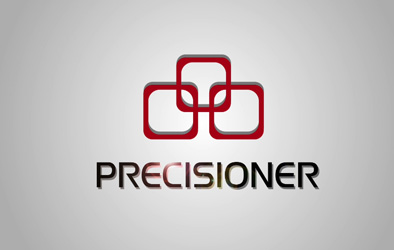
A ro-ro ship carrying Chery vehicles is set to travel to overseas markets from a port in Wuhu, Anhui province, in May. [WANG YUSHI/FOR CHINA DAILY]
The European Union's decision to impose extra tariffs on Chinese electric vehicles has attracted opposition instead of praise from major European carmakers it vowed to protect, while Chinese carmakers said the move will not prevent them from exploring overseas markets.
China's Ministry of Commerce has said the decision lacks a "factual and legal basis".
The move, which Brussels said is to prevent "economic injury to EU battery electric vehicle producers", immediately sparked opposition from European carmakers and trade associations.
"The decision for additional import duties is the wrong way," said BMW CEO Oliver Zipse, who said the EU is harming European companies and interests. "Protectionism risks starting a spiral: tariffs lead to new tariffs, to isolation rather than cooperation," he added.
Mercedes-Benz had a similar stance, saying: "… free trade and fair competition ensure prosperity, growth and innovation," in a statement issued after the EU announced its decision.
Ola Kaellenius, Mercedes-Benz CEO, was more pointed in a speech at the New Manufacturing World Congress held last week in a town near Stuttgart, Germany.
"We should recall how Europe has guaranteed economic prosperity over the past decades, not by closing markets but by opening them," he said.
Volkswagen, Europe's largest carmaker, said the extra duties are not suitable for strengthening the competitiveness of the European automotive industry in the long term.
"We reject them ... the negative effects of this decision outweigh any potential benefits for the European and especially the German automotive industry," said the carmaker.
Stellantis, which was formed from the merger in 2021 of the Italian-American conglomerate Fiat Chrysler Automobiles and the French PSA Group, said it believes in free and fair competition in a worldwide trade environment and does not support measures that contribute to global fragmentation.
"Stellantis is agile to adapt and take advantage of any scenario and today's tariff announcement will not deter our overall strategy with respect to Leapmotor in Europe," it said.
In 2023, Stellantis acquired a 21 percent stake in Chinese startup Leapmotor. The two established a joint venture in May to explore the global market. Stellantis said the Chinese company's EV products are complementary to its current technology and portfolio.
The German Association of the Automotive Industry spoke against the EU's move. In an interview with CGTN Global Watch, Simon Schuetz, spokesperson for the association, said that the German automobile industry is not in favor of the tariffs because they do not believe tariffs are a good measure to resolve this conflict.
The European Automobile Manufacturers' Association, which is known as ACEA, said: "Free and fair trade is essential in creating a globally competitive European automotive industry, while healthy competition drives innovation and choice for consumers."
In China, carmakers and trade associations have expressed disappointment but said the EU's decision will not deter them from exploring the overseas market.
SAIC Motor, which is to be subject to the full 38.1 percent of extra duties, said it is "deeply disappointed".
It added that the EU's measures not only violate the principles of the market economy but international trade rules.
SAIC said its vehicles are popular in Europe and they rely on technological innovation rather than government subsidies.
Statistics show that SAIC sold more than 100,000 MG4 EVs in 2023 in Europe, making it the best-selling compact EV there.
The Shanghai-based carmaker, which has joint ventures with Volkswagen and General Motors, said it plans to set up green factories in Europe and bring China's new energy vehicle technologies there.
"With positive measures, we hope to promote Chinese-European cooperation in the field of new energy vehicles and jointly promote the global transition to a low-carbon economy," it said.
Chinese carmaker Chery Auto expects to start EV production at its recently-acquired Barcelona factory in Spain — its first manufacturing site in Europe — by the end of the year.
Zhang said Chery, one of several Chinese carmakers seeking a bigger footprint in Europe, was "determined" to move ahead with its expansion plans despite the tariffs.
He added that the Barcelona site will not be big enough to meet Chery's medium- and long-term plans for Europe, adding the company was looking at options for a second site.
Chinese startup Nio said its commitment to the European EV market is unwavering. "We will continue to serve our users and explore new opportunities within Europe despite protectionism," said the carmaker in a statement.
Cui Dongshu, secretary-general of the Chinese Passenger Car Association, said: "The EU's provisional tariffs come basically within our expectations, which won't have much of an impact on the majority of Chinese firms."
He said EV exporters, including Geely and BYD, "still have huge potential for development in Europe in the future".
By LI FUSHENG | China Daily









